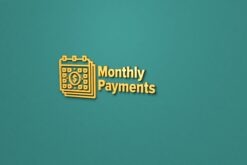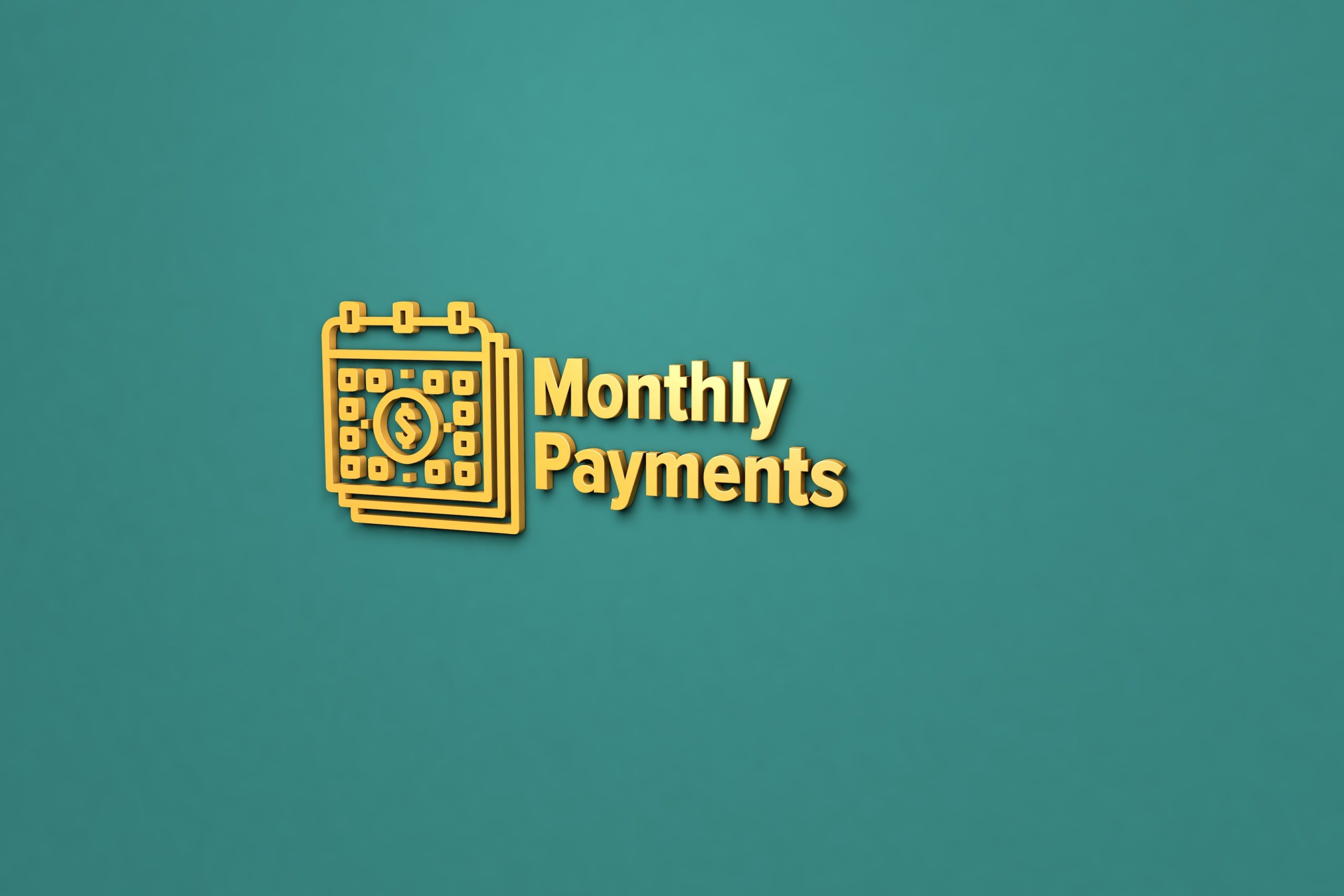
An Income Payment Order (IPO) requires you to make monthly payments towards your debt after you go bankrupt. It is also known as an IPA where the payments are mutually agreed.
Included in this article:
Rather speak to a person? Call 0800 077 6180 or fill in the form below and we’ll call you
What is a bankruptcy Income Payment Order?
An Income Payment Order (also known as an IPO) is a requirement for you to pay your surplus income towards your debts for 3 years. The Official Receiver may issue you with on of these after you go bankrupt .
To work out whether you should get an IPO, the receiver will review your monthly income and expenses. An IPO will only be issued if you have surplus income at the end of the month.
This is why it is absolutely vital to get your income and expenses budget right in your bankruptcy application form.
If you accept the official receiver’s decision, the payments you are required to make are known as an Income Payment Agreement (IPA).
Where you want to challenge the decision, you can do so at a Court Hearing. However it is likely the Judge will agree with the Official Receiver and force an Income Payment Order (IPO) upon you.
Struggling to get your head round all of this? We can help. Call us (0800 077 6180) or complete the form below. The advice is free and confidential.
How long does an IPO or IPA last
The length of an Income Payment Order is always 3 years from the date of issue. If you get an IPA or IPO you will still discharged from your bankruptcy after 12 months. However your payments continue until the end of the three year period.
If you are unable to maintain the agreed payment it is possible to get a payment holiday. Your payments start again if your income rises but the months you have missed do not have to be made up. The agreement will always finish after 3 years from the original start date.
An IPA or IPO can be issued at any time during the 12 months you are bankrupt. This would happen if you have no surplus on the start date but your income increases during the year. The payments then last 3 years from the issue date.
If you refuse to pay an IPO the court can issue an attachment of earnings so the amount is taken directly from your wages.
What of your income goes up or down?
Once an Income Payment Order or IPA has been issued the amount you pay into it is not fixed. It can change if your circumstances improve or get worse.
The official receiver has to be told if your income increases permanently. You will have to submit a new income payment order questionnaire (IPOQ). Where your surplus has gone up your payment will increase by the same amount.
In a situation where your income falls or your living expenses materially increase the official receiver can agree to reduce your payments. Normally you will have to provide proof of an increase in expenditures. For example public transport or fuel receipts if you have further to travel for work.
If you receive a bonus during an IPA or IPO you must inform the official receiver of this. It is likely you will have to had this over to them.
Want help to go bankrupt? Call us (0800 077 6180) or complete the form below. The advice is free and confidential
Arrange a call with a Bankruptcy Expert
Privacy Policy
Your information will be held in strictest confidence and used to contact you by our internal team only. We will never share your details with any third party without your permission.



What are classed as essential living costs
Hi Peter
For more information about the expenses you are allowed to include in a bankruptcy living expenses budget, have a look at this article which gives specific information: Bankruptcy spending restrictions
Hello, I was recently declared personally bankrupt. When being financially assessed for a possible IPA, will it be taken into account that my partner that I live with has her own debts of which she makes monthly payments to, will these payments be included in the assessment as a monthly outgoing
Hi AndrewM
Where you are living together with a partner who has debts of their own that they need to pay, it can be quite a complex situation.
When assessing your surplus income, you will need to complete a household living expenses budget. The OR will not normally allow your partner’s debt payments to be included in the expenses. The payments for these would have to be maintained out of your partner’s share of the household surplus income.
If their share of the surplus is not sufficient to cover their debt payments, they may have to consider a debt solution of their own.
Hi. When looking at your income and expenses, does the official receiver treat child benefit as income or is it exempt?
Hi AndrewM
I confirm that for the purposes of a bankruptcy income and expenditure budget (and calculating whether you have any your surplus income), you must include any child benefit you receive. It is definitely treated as part of your income.